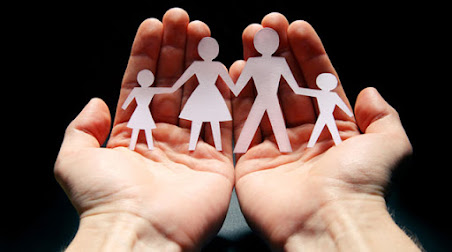Estate planning means getting things ready for when someone passes away. This involves making a will, saying who should get what, and setting up processes to make sure everything goes as planned. It's a crucial process to make sure that the things a person owns go to the right people after they're gone, without going through a complicated legal process.
The first thing to do in estate planning is making a will. A will is a document that says what should happen to a person's things when they're not around anymore. In a will, a person can say who should get their stuff and how it should be shared. It can also name someone, called an executor, to make sure everything in the will happens like it should.
When making a will, it's important to follow the rules. The person making the will has to sign it, and at least two other people need to watch and sign too. It's also a good idea to update the will when things change, like when there's a new baby in the family or new things are bought. It is standard procedure to have a doctor’s certificate stating that the person executing the Will is of sound mind.
Besides a will, estate planning might also include making trusts. A trust is like an agreement that lets someone else, called a trustee, manage things for someone else, called beneficiaries. There are different types of trusts, like ones that can be changed or others that can't. Trusts can help avoid probate and might have tax benefits.
Naming beneficiaries is another part of estate planning. Beneficiaries are the people who will get things after someone is gone. It's important to name beneficiaries for assets like bank accounts, investments, retirement accounts and life insurance so that everything goes where it's supposed to without a lot of legal trouble.
Estate planning can also help with taxes. There are different strategies to lower the taxes that might happen when someone passes away. These include giving away things while still alive, donating to charities, and using trusts in clever ways.
It's not just about paperwork, though. When planning an estate, it's important to talk to everyone involved, like the spouse, sons, and daughters-in-law. If the daughters-in-law are left out, it could cause trust issues and lose out on a lot of help.
There are four important tools in estate planning that everyone should have:
- Will: This is the main document saying what happens to someone's things after they're gone.
- Letter of Guardianship: This tells who should take care of any kids if the parents can't.
- Living Will: This says what medical treatments someone wants or doesn't want if they can't say for themselves.
- Financial Durable POA (Power of Attorney): This lets someone else handle money matters if a person can't.
Estate planning might sound complicated, but it's really just making sure everything is in order for the future. It's a way to make sure everything goes smoothly and the right people get what they should without a lot of legal hassle. It's a bit like making a plan for the family's future, and it's a good idea to have a qualified estate planner help to make sure everything is done the right way.
About the Author





No comments:
Post a Comment